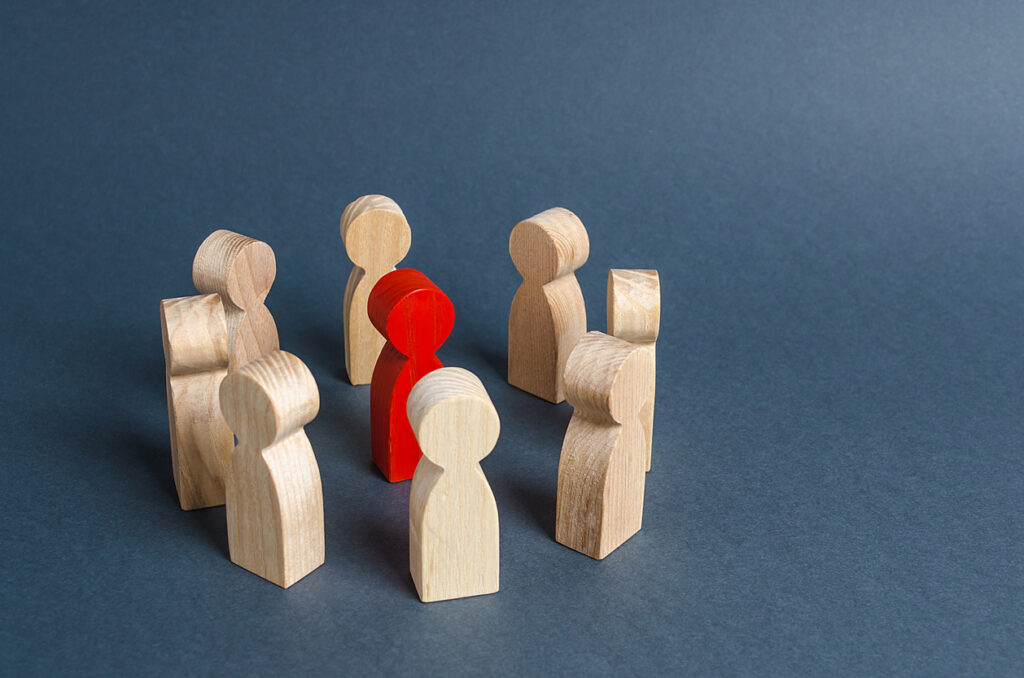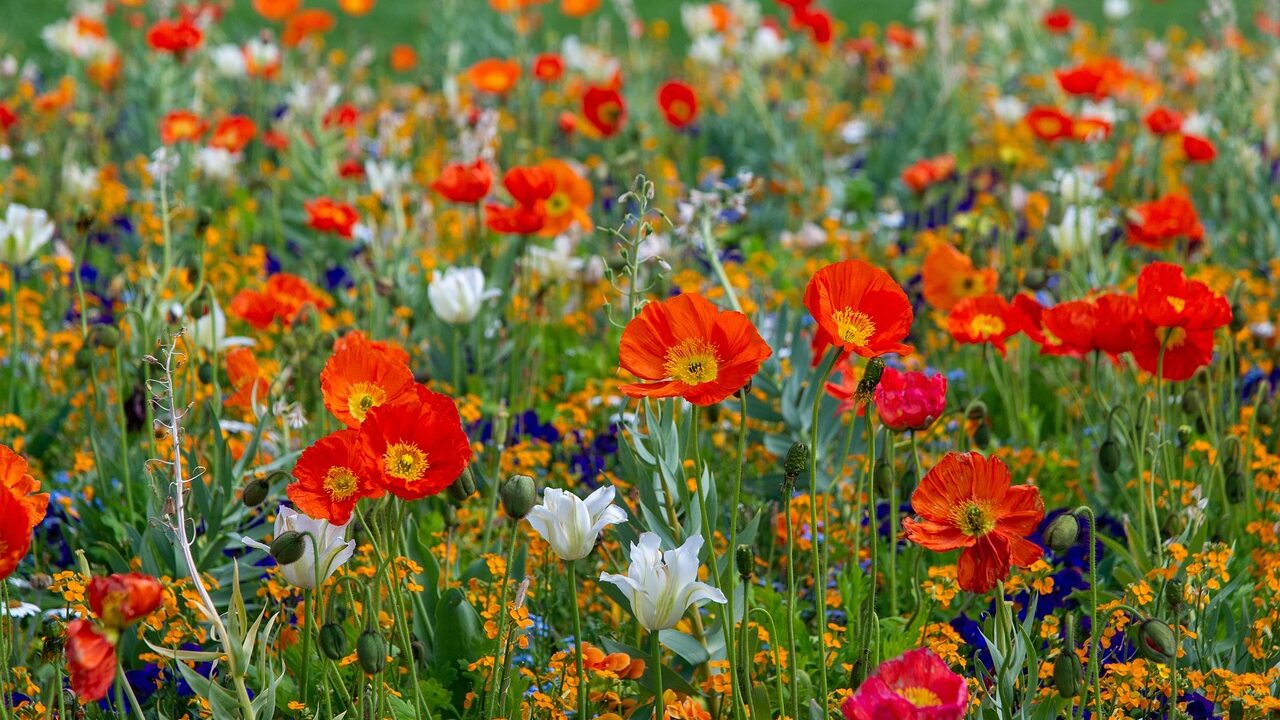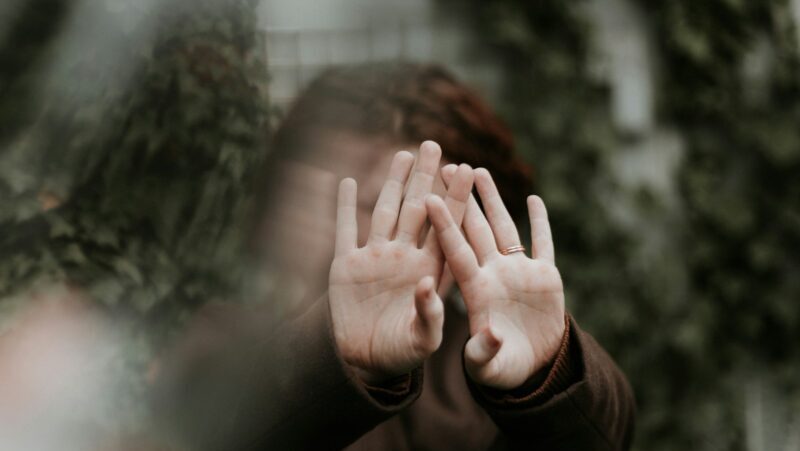I’m biased. I glaze over when people talk about processes. Learning and development processes, management processes, the list goes on. Why? It’s because I haven’t seen one that works. Another thing: when I express an idea, I do so because I think it’s a good idea and I’ll defend it. When the stakes are high, I defend it even more. Perhaps you have a different point of view. Perhaps everyone reading this has a different point of view, and that would make sense, because we all have our own preferences—or to put it slightly differently: you’re biased too.
There’s a ton of ways to be biased and the research folks at McKinsey have outlined a few for us: you’ve got your action-oriented bias, self-interest bias, pattern-recognition bias, social harmony bias (a relative of groupthink) and stability bias. So many ways to be illogical.
Overcoming bias: the à la carte menu options
If you’re anything like me your biases come into their own in any kind of decision making; hiring, which organisational structure to adopt, where to go for lunch, you name it.
Tap ‘conquering bias’ into your device and untold pages of advice are there for the taking. There’s the self awareness approach; there’s bias interruption strategy; there are processes to counter each different type of bias in teams.
Whatever the idea, they run like this: you can limit the effect of biases in business if you and your team work hard enough and have enough processes in place to catch out your unconscious biases. ‘Simples’ as a certain Meerkat would say. Well, there’s nothing wrong with developing self-awareness; and who’s not a fan of making better decisions? The thing is, why chase our tails like this?
Bias: the all conquering anti-hero?
It takes up a lot of energy and time trying to change a brain that has biases deeply wired into it. Negativity bias, where you give extra weight to negative experiences over positive, was a survival tool for pre-historic human societies.
Shunning deadly nightshade or other poisonous plants is an example of negativity bias, and it likely saved a lot of pre-historic lives. Of course the ones who didn’t have that bias, well let’s just say their descendants aren’t around to tell the story.
Shunning neighbouring societies, or fighting them for scarce resources, may also have been a useful negativity bias for our ancestors in the survival stakes.
In a global economy, however, that bias makes as much sense as hiding resources from yourself. That bias may not even have helped our ancestors, but as we’ve seen bias isn’t a logical beast.
People have biases, and although the trigger might not be relevant now, the bias is still there.
You can see my point: people have biases, and although the trigger for that bias might not be relevant now, the bias is still there. And there’s very little we can do about that.
So whether we’re aware or not, or whether there’s a process in place to overcome it (or not); when times are hard people fight for their biases. It’s playing out in the consequences of Brexit right now. In tense situations people don’t tend to become more open minded, they’re more likely to become entrenched in their own point of view.
Make room for diversity and critical thinking
I’m not suggesting we lay down our swords and accept bias. Bias is something we fight, but not through process or that ever elusive thing, self-awareness. But with two simple ideas.
Number one: diversity. I banged this drum in my groupthink piece and though it’s something that can’t be repeated often enough, here I’ll just say one thing about it: if we accept we all have biases then a group of people with different backgrounds, genders, ethnicities and educations means the effect of any bias is tempered.
And number two: critical thinking. A willingness to think critically gives us a route to separate ourselves from our ideas.
After all we’re not solely our ideas, we’re lots of other things too. Brothers, sisters, friends, runners, model plane builders and foodies. One of the things we are is a person with an idea. Not an abstract idea, but the one we might present in a meeting, in a memo and yes, in an article.
If we begin to see our ideas as separate from us, our ideas take on a different life.
If we begin to see our ideas as separate from us, our ideas take on a different life. They become just ideas. No more important that someone else’s. Not a hill to die on; not even a battle worth fighting. It’s just an idea: one that others can explore; expose flaws in; build on.
In this world view our ideas are no longer forts to defend. And seeing our ideas like this has a knock on effect on how we behave. Or in this case how easily we can mitigate against our own biases.
Thinking like this means we put ideas out there and discuss the idea rather than the idea being a reflection of our worth. Our idea could be no good, but that doesn’t mean we’re no good. Offering an idea in this way helps minimise just how biased we can be. I’m not presenting diversity or the end of the ‘idea fort’ as simple solutions to a complex problem. I’m suggesting it as a start – but don’t take my word for it. I’m biased.
I’m biased. I glaze over when people talk about processes. Learning and development processes, management processes, the list goes on. Why? It's because I haven’t seen one that works. Another thing: when I express an idea, I do so because I think it’s a good idea and I’ll defend it. When the stakes are high, I defend it even more. Perhaps you have a different point of view. Perhaps everyone reading this has a different point of view, and that would make sense, because we all have our own preferences—or to put it slightly differently: you’re biased too.
There’s a ton of ways to be biased and the research folks at McKinsey have outlined a few for us: you’ve got your action-oriented bias, self-interest bias, pattern-recognition bias, social harmony bias (a relative of groupthink) and stability bias. So many ways to be illogical.
Overcoming bias: the à la carte menu options
If you’re anything like me your biases come into their own in any kind of decision making; hiring, which organisational structure to adopt, where to go for lunch, you name it.
Tap ‘conquering bias’ into your device and untold pages of advice are there for the taking. There’s the self awareness approach; there’s bias interruption strategy; there are processes to counter each different type of bias in teams.
Whatever the idea, they run like this: you can limit the effect of biases in business if you and your team work hard enough and have enough processes in place to catch out your unconscious biases. ‘Simples’ as a certain Meerkat would say. Well, there’s nothing wrong with developing self-awareness; and who’s not a fan of making better decisions? The thing is, why chase our tails like this?
Bias: the all conquering anti-hero?
It takes up a lot of energy and time trying to change a brain that has biases deeply wired into it. Negativity bias, where you give extra weight to negative experiences over positive, was a survival tool for pre-historic human societies.
Shunning deadly nightshade or other poisonous plants is an example of negativity bias, and it likely saved a lot of pre-historic lives. Of course the ones who didn’t have that bias, well let’s just say their descendants aren’t around to tell the story.
Shunning neighbouring societies, or fighting them for scarce resources, may also have been a useful negativity bias for our ancestors in the survival stakes.
In a global economy, however, that bias makes as much sense as hiding resources from yourself. That bias may not even have helped our ancestors, but as we’ve seen bias isn’t a logical beast.
People have biases, and although the trigger might not be relevant now, the bias is still there.
You can see my point: people have biases, and although the trigger for that bias might not be relevant now, the bias is still there. And there’s very little we can do about that.
So whether we’re aware or not, or whether there’s a process in place to overcome it (or not); when times are hard people fight for their biases. It’s playing out in the consequences of Brexit right now. In tense situations people don’t tend to become more open minded, they’re more likely to become entrenched in their own point of view.
Make room for diversity and critical thinking
I’m not suggesting we lay down our swords and accept bias. Bias is something we fight, but not through process or that ever elusive thing, self-awareness. But with two simple ideas.
Number one: diversity. I banged this drum in my groupthink piece and though it’s something that can’t be repeated often enough, here I’ll just say one thing about it: if we accept we all have biases then a group of people with different backgrounds, genders, ethnicities and educations means the effect of any bias is tempered.
And number two: critical thinking. A willingness to think critically gives us a route to separate ourselves from our ideas.
After all we’re not solely our ideas, we’re lots of other things too. Brothers, sisters, friends, runners, model plane builders and foodies. One of the things we are is a person with an idea. Not an abstract idea, but the one we might present in a meeting, in a memo and yes, in an article.
If we begin to see our ideas as separate from us, our ideas take on a different life.
If we begin to see our ideas as separate from us, our ideas take on a different life. They become just ideas. No more important that someone else’s. Not a hill to die on; not even a battle worth fighting. It’s just an idea: one that others can explore; expose flaws in; build on.
In this world view our ideas are no longer forts to defend. And seeing our ideas like this has a knock on effect on how we behave. Or in this case how easily we can mitigate against our own biases.
Thinking like this means we put ideas out there and discuss the idea rather than the idea being a reflection of our worth. Our idea could be no good, but that doesn’t mean we’re no good. Offering an idea in this way helps minimise just how biased we can be. I’m not presenting diversity or the end of the ‘idea fort’ as simple solutions to a complex problem. I’m suggesting it as a start – but don’t take my word for it. I’m biased.








